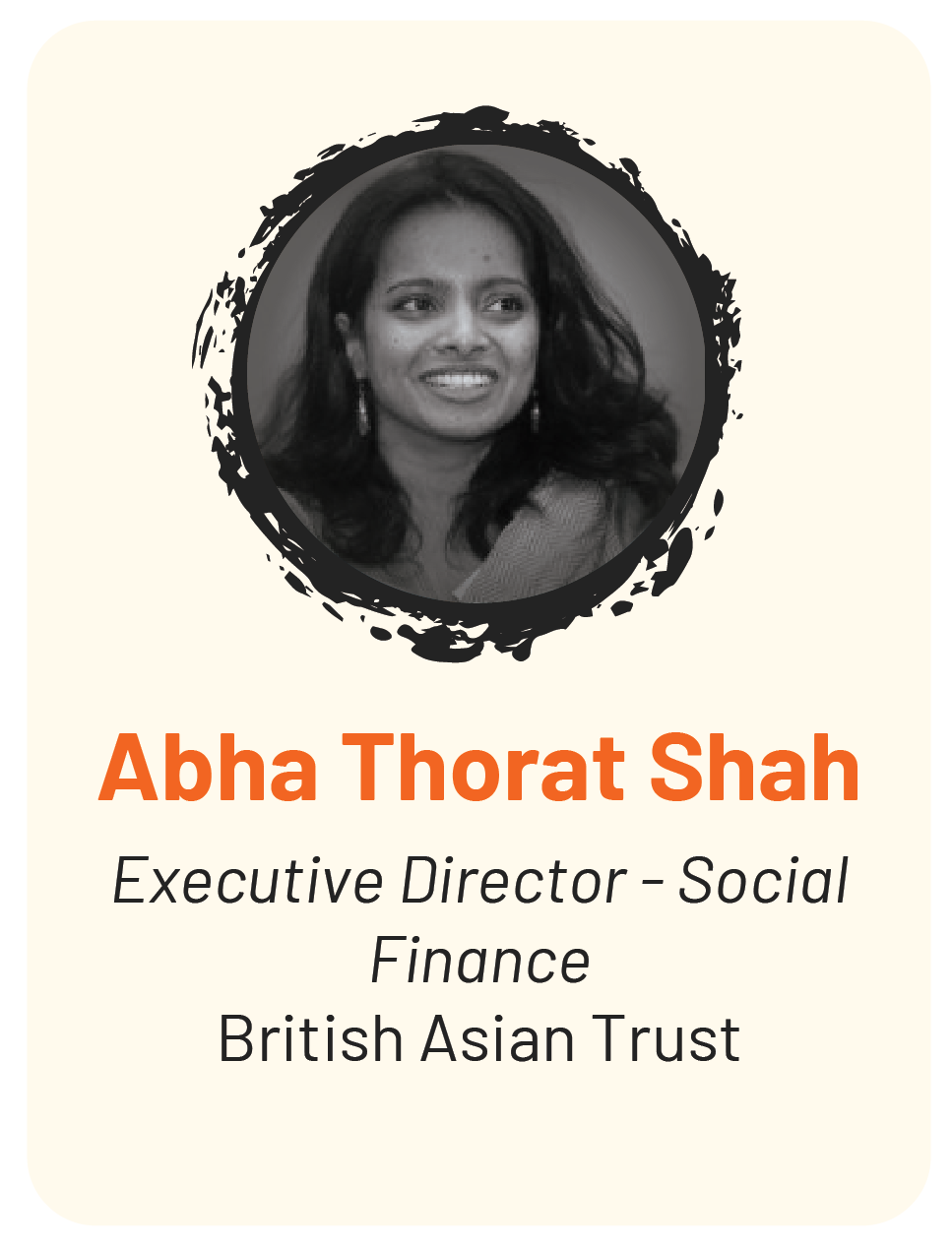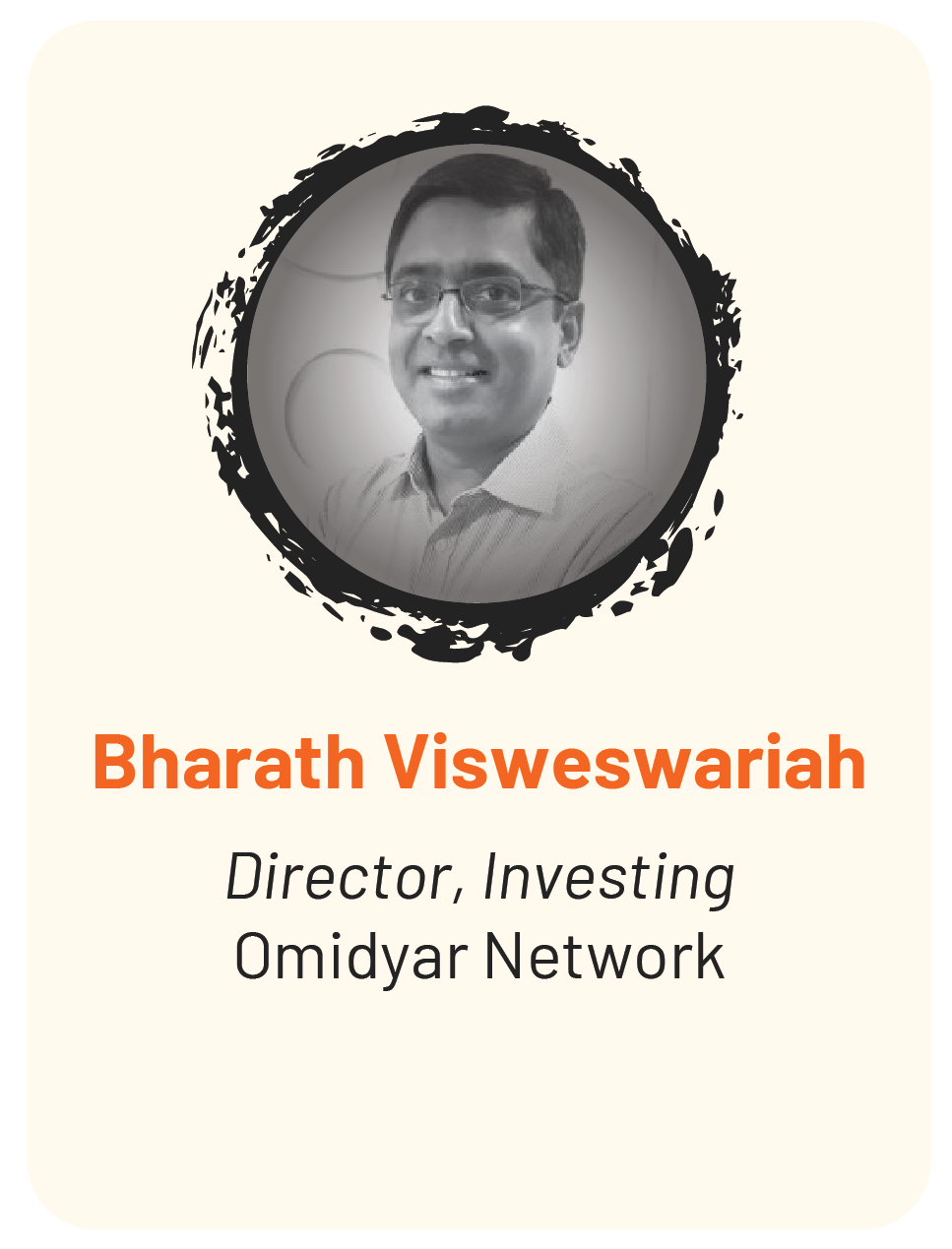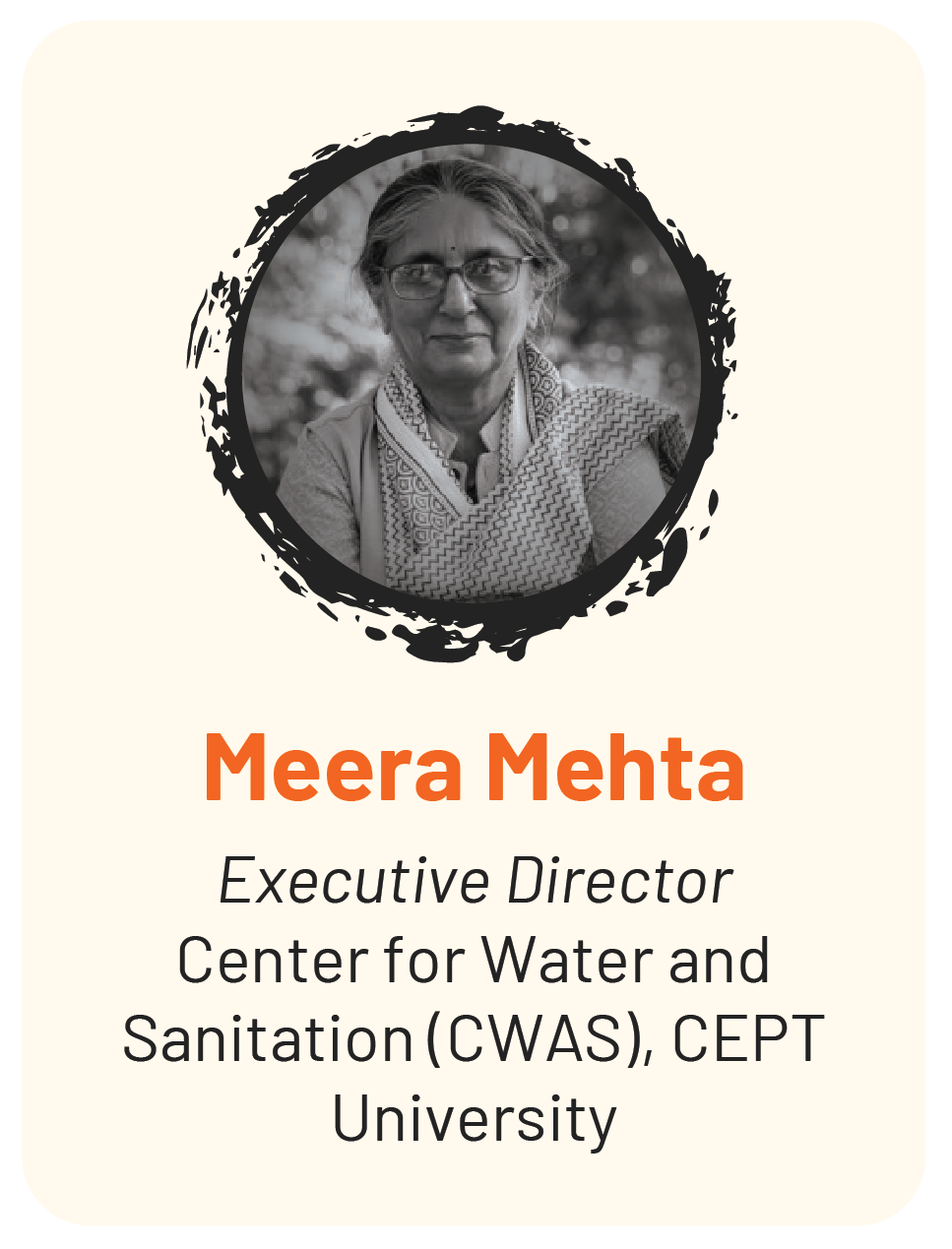Pushing the Boundaries:
|
|
There is significant amount of funding available for the WASH sector, especially with the 15th Finance Commission having allocated sizeable money to it. However the size and scale of the problem – designing and delivering quality WASH services -- is beyond the capability of any one stakeholder. To ensure that we are able to provide inclusive access to safe water and sanitation systems, we need risk capital and collaboration amongst policy makers, philanthropists and intermediaries.
Tune in to hear experts from government, civil society, and funding agencies explore what this will take, and how to go about it. |
Key takeaways
- WASH is a public good and therefore we have to deal with the local government. It is therefore essential that their capacity be strengthened, both financially as well as technically.
- Today, municipality-owned source funds make up only 30-40% of the overall budget. Therefore, what ULBs spend on is driven more by the state or national agenda, which means that little attention is paid to what citizens require.
- Not all citizens have an equal voice. We don’t hear from marginalized communities because they reside in unmapped pockets of the city. It is therefore important to use civil society organizations to help us understand how services are delivered to them.
- Blended finance can be a solution for WASH services. This can take the form of development impact bonds; impact-linked debt (where the customer pays in some way via an affordable loan); and interest subvention (where philanthropic capital subsidizes the interest costs of lending companies).
- Many WASH focused businesses tend to be government facing, and hence have to deal with delayed payments. This deters both investors and service providers from entering the space.
- There is significant amount of funding available for the WASH sector, especially with the 15th Finance Commission having allocated sizeable money to it. However, with surplus funds comes the risk of misuse and corruption.
session highlights
70% of the urban population in India lives in cities with a million or less people. However, most cities face a shortage of resources and infrastructure, especially when it comes to WASH services. Nearly 60 million people in urban areas lack access to improved sanitation arrangements, and more than two thirds of waste water is let out untreated into the environment, polluting land and water bodies.
There are challenges around the capacity of local governments to design and deliver adequate WASH services and engage citizens to be active participants in the city-planning process. This is exacerbated by constraints around local budgets and project financing, and the lack of metrics to track and monitor performance. It is therefore imperative to move the conversation to solutions that help address some of the above challenges.
This Learning Lab -- Pushing the Boundaries: Innovative Financing for WASH to Build Inclusive Cities -- brought together experts from government, civil society, and funding agencies to explore how innovative financing mechanisms can be leveraged to make cities truly inclusive in the delivery of WASH services.
There are challenges around the capacity of local governments to design and deliver adequate WASH services and engage citizens to be active participants in the city-planning process. This is exacerbated by constraints around local budgets and project financing, and the lack of metrics to track and monitor performance. It is therefore imperative to move the conversation to solutions that help address some of the above challenges.
This Learning Lab -- Pushing the Boundaries: Innovative Financing for WASH to Build Inclusive Cities -- brought together experts from government, civil society, and funding agencies to explore how innovative financing mechanisms can be leveraged to make cities truly inclusive in the delivery of WASH services.
quotes
|
|
Local press doesn’t pay attention to local budgets like they do with national or state level budgets. But it’s the local budgets that have more impact on the citizens. - Bharath Visweswariah, Omidyar Network |
|
|
Impact Bonds are a good tool for making current money work better. – Abha Thorat Shah, British Asian Trust |
|
|
While there is financing available, we are struggling to transform this financing into meaningful projects. Overflow of funds is also a risk if you don’t have adequate control measures; because there is a potential for corruption and misuse of funds. - Alejandro Jimenez, SIWI |
|
|
Risk capital is not enough. You need a policy maker to say ‘I will do it’, you need philanthropists to provide some money, and you need intermediaries to do the structuring and intermediation. - Kartik Desai, Asha Impact |
Share this session's highlights with your network!




